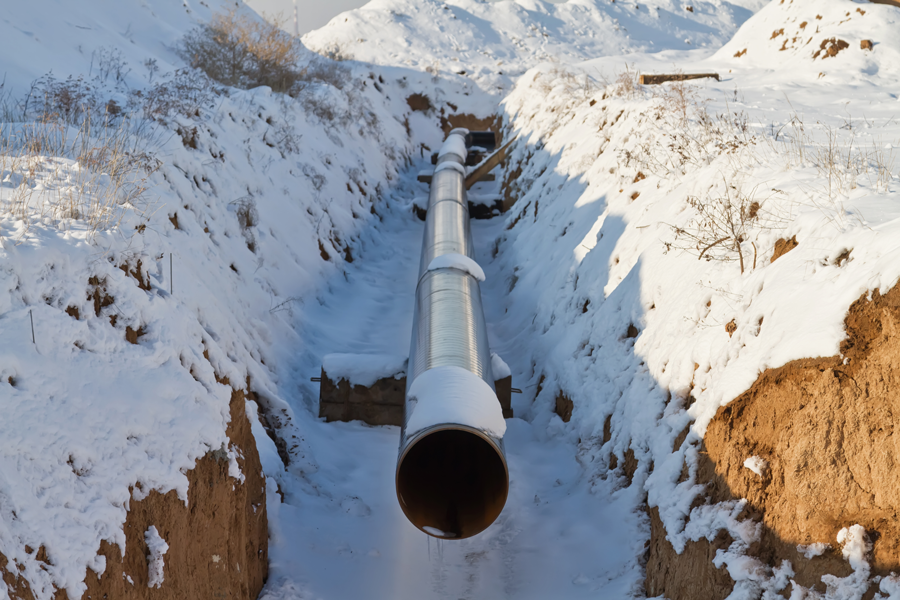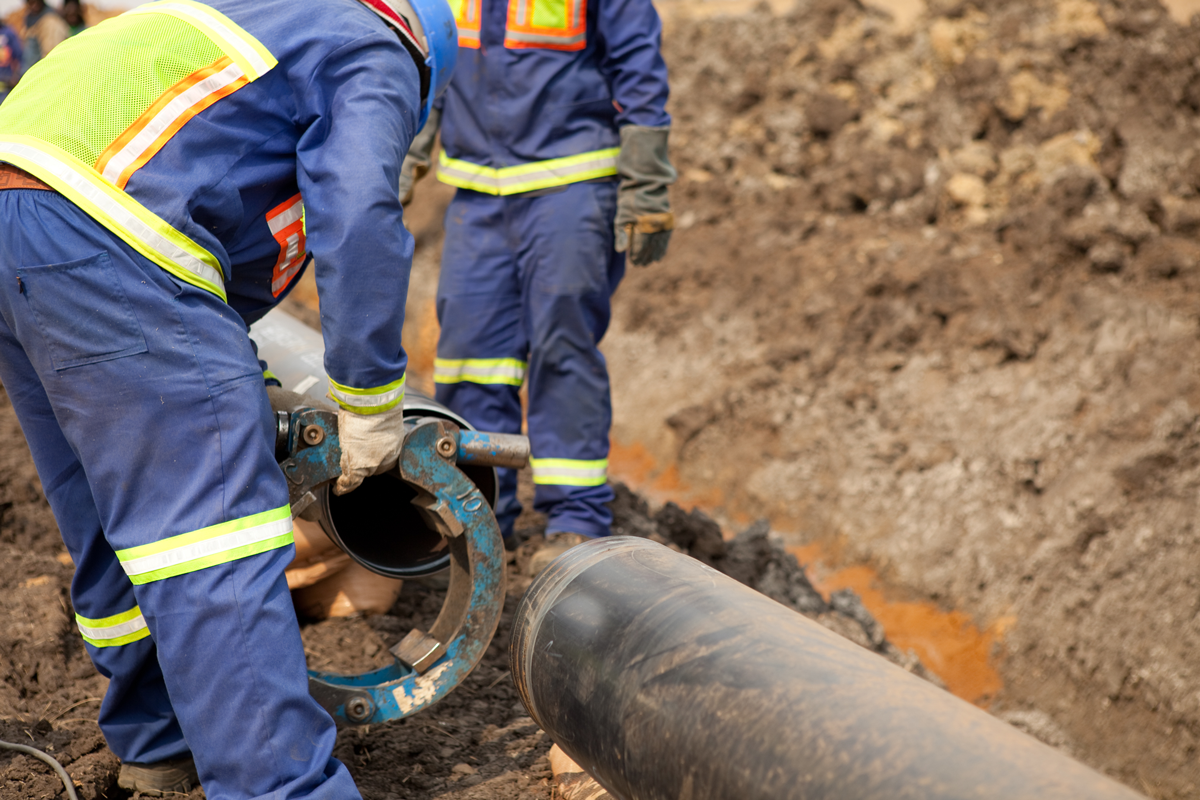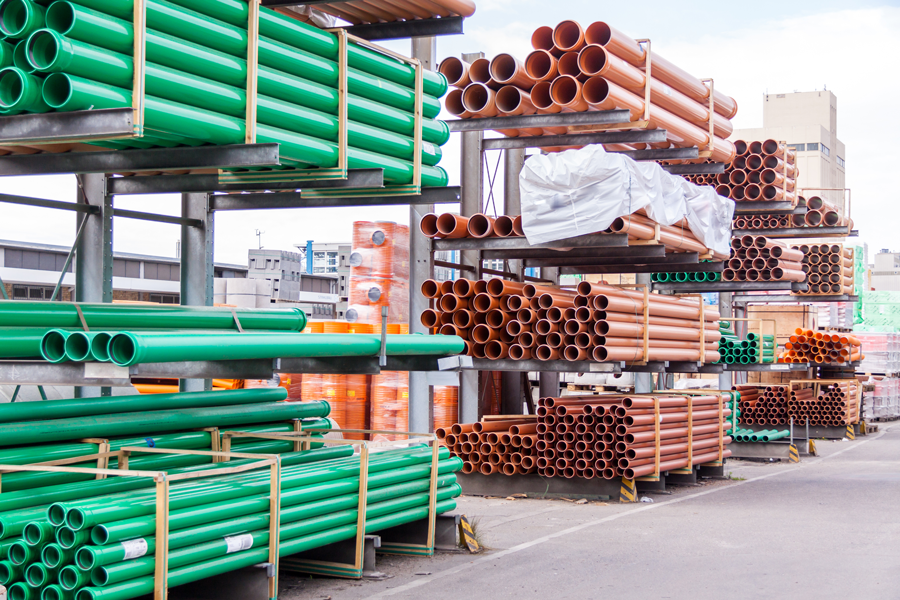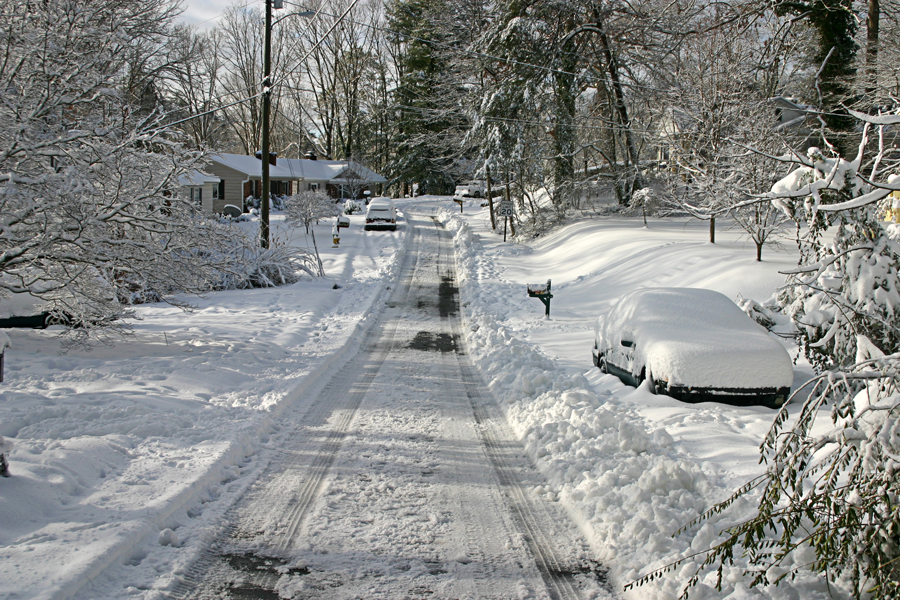If you haven't had a chance to sign up for our next series of Know H2Ow seminars, being offered in Burlington, Vermont on March 7, Latham, New York on March 8 or Warwick, Rhode Island on March 9, you could be missing out on an amazing opportunity. Why? We've got some amazing speakers lined up to help you expand your knowledge and improve your stormwater management practices. Here's a quick look at some of our Track 2 speakers.
When winter's wind bites at your skin, do you know how to tell whether it's doing damage to your skin in the process? Frostbite is a temperature-related injury to the skin that happens during deep cold, high winds or a combination of the two. But how do you recognize the warning signs of frostbite and what do you do when one of your workers has it? Here are some basic tips to help.
In our industry, trench safety is both the most dangerous part of our job and the most often cited OSHA violation. When winter rolls in and leaves the ground cold and frozen, it's even more important to keep safety in mind when undertaking emergency trench work. The OSHA standard dealing with trench safety is located in 1926 sub part P and includes a wide range of topics, but in general, what you'll need for winter excavations is in a relatively straightforward part of the standard. When you're working in the winter, here are a few things to keep in mind.
When winter draws near and you've wrapped up all the mild-weather projects, your crew often has a lot of downtime. Though the occasional winter storm, cold snap or house fire may cause some need for repairs or replacement of damaged parts, the rest of the winter tends to be rather quiet. What can you do to get the most out of your team during the down time? Improve your team's overall knowledge and capabilities. Team EJP offers a wide range of trainings available on your work site. Here's part of what we have to offer.
Working in construction can be very dangerous. Virtually every construction worker has a story about an injury or close call that could have caused serious problems if it hadn't been handled properly. When there is an accident or injury on site, how your team handles it prior to emergency services arriving can make a big difference in the outcome. Here is some information to keep in mind from an emergency medical responder who has spent over two decades in the field.
Even as the fall is leaving a cool but pleasant atmosphere, with falling leaves, crisp air and wet weather, winter is just around the corner. Is your crew prepared? Does your department have sufficient personal protective equipment in good condition for the season to keep your crew warm and working well? At Team EJP, we're all about providing you with the information you need to keep your crew rolling along. Here's a quick checklist for your crew's winter personal protective safety equipment.
With the water quality concerns being highlighted in the news recently many utilities have begun testing their own supply in response to customer demands for higher levels of safety. But how about the school district? Over 90,000 schools nationwide don't fall under the Safe Drinking Water Act (SDWA). Though testing is the only way to make sure, there are some other indicators that may come into play to help you decide whether lead and other contaminants could be a problem for schools in your district. Here's the basics about whether water quality could be an issue in your utility's school districts.
When budgets are tight and oversight is heavy, it can be very difficult to operate a utility effectively and efficiently. At Team EJP we want to help. That's why we've created our Value Added Services (VAS) program, which supports your utility in running effectively. How? We maximize our distribution inventory while minimizing what you need to keep on hand.
When you're working around heavy machinery, there's always a risk of danger from the weight and power of these big machines. Because heavy equipment is designed to handle very large volumes or loads of material, they can have issues with line of vision and can cause accidents as a worker is caught in or under the machinery. For this reason, it's vital that they be operated properly and with a crew that is alert to everything going on around them. Here are some basics of how your heavy equipment should be operated and how your crew should work around it safely.
Though winter may seem a long ways off, it's important to remember that winter's cold, frozen pipes and house fires from portable heaters are just a few short months away. How do you keep your municipality's waterworks department running smoothly through the cold? Part of the process is to have a checklist you start on now so that everything is in place instead of panicking and having to pay extra to get what you need in a cold-weather emergency.

















